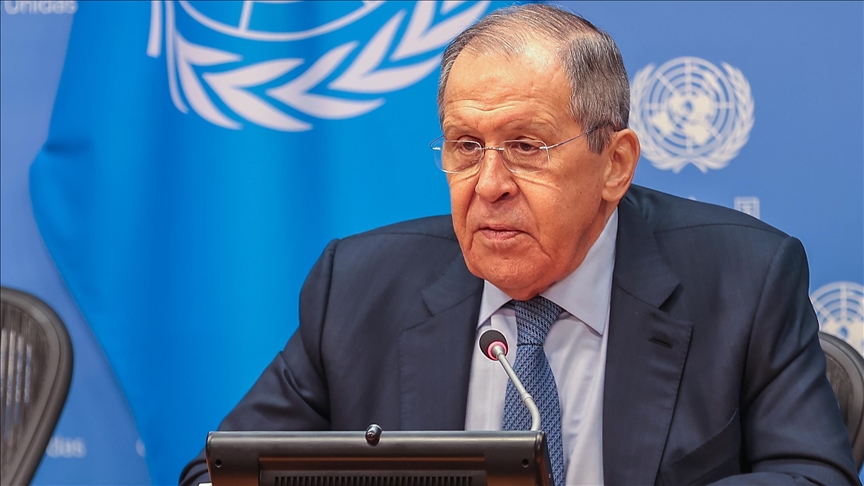Russian Foreign Minister Sergey Lavrov said on Saturday that over the past three decades, the shares of the Group of Seven (G7) countries in the global economy have significantly decreased, while the influence of emerging markets is growing steadily.
China, in particular, has become the world’s leading economy in terms of purchasing power parity, “skillfully combining market tools with government regulation,” Lavrov told the World Online Conference on Multipolarity.
“We are witnessing the continued transformation of the structure of international relations. A striking example of multipolar diplomacy is the work of multilateral associations of a new type such as the SCO (Shanghai Cooperation Organization) and BRICS (Brazil, Russia, India, China, South Africa),” he said.
Lavrov noted that the SCO and BRICS “bring together member countries with different political and economic systems, with distinct values and civilizational platforms, which effectively cooperate in various fields.”
“In fact, BRICS can be visualized as a kind of cooperative net thrown over the old North-South and West-East dividing lines. It is no coincidence that more and more countries in the Global South are striving to establish ties with these associations or become their full members,” he said.
Lavrov stressed that the trend toward multipolarity in the world is inevitable and will only intensify.
“And those who do not understand this and do not follow this trend will lose,” he said.
The diplomat urged all key global centers to combine efforts in response to confrontation, imposed by the West, cross-border challenges, and threats.
“Everyone needs to recognize the irreversibility of the emergence of a more equitable polycentric international system. It is in our common interests to ensure that the multipolar architecture is based not on a “balance of fear,” but on a balance of interests, on universally recognized norms of international law, and on mutually respectful dialogue between different civilizations, religions, and cultures,” he emphasized.
According to the minister, Russia “remains at the forefront of international efforts to strengthen the multipolar, legal, and democratic principles of interstate communication.
“To this end, we will continue our efforts at the UN, including as part of the Group of Friends in Defense of the UN Charter. We will certainly continue to closely coordinate our steps with our numerous friends, allies, and countries that share our views,” he said.




















































Be First to Comment